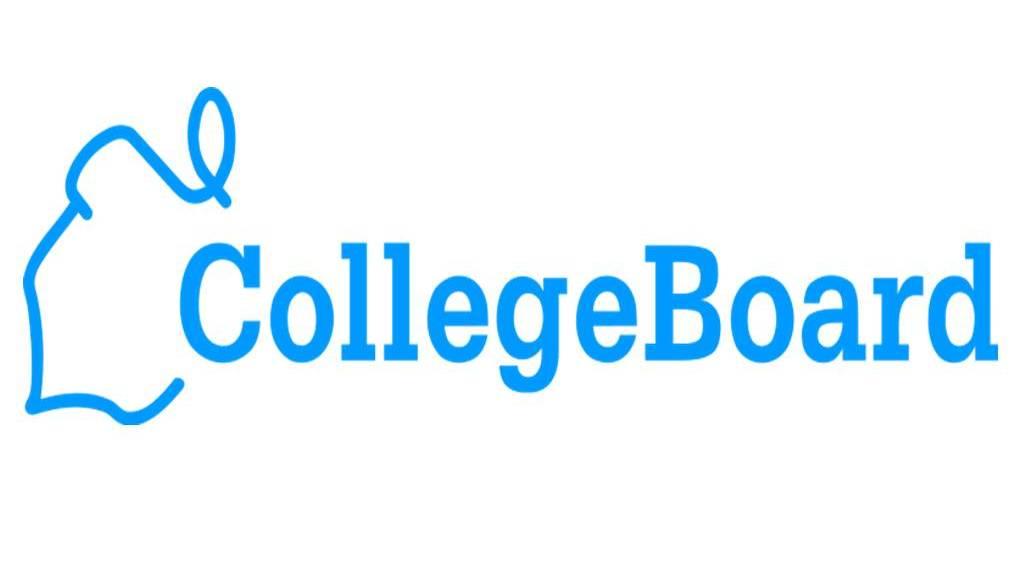It costs $49 per student to take the SAT. Now take that and multiply it by 3, the average number of times a student will take this test. Take that number and multiply it by two million, the number of students who took the SAT during the 2010-2011 school year.
The final number comes to about $294 million, placing the College Board as one of the most profitable “non-profit” companies in the U.S.
The College Board calls itself a “non-profit” organization, but it sells standardized tests used to measure a student’s intelligence and academic ability for colleges. A non-profit company can be defined as any organization that uses its profits to achieve the company’s goal instead of using it for the company’s own benefit. In short, it exists to accomplish some charitable goal.
But does the College Board really deserve this “good Samaritan” reputation? In 2006, statistics showed that the company only spent $530 million out of its $580 million in earnings, leaving a hefty $50 million surplus. The $530 million covered everything from salaries to programs assisting underprivileged students, so many are suspicious of where the rest of the money goes.
The high surplus has led many to believe that College Board executives are earning a an unusually high salary for a non-profit organization. In fact, Gaston Caperton, the president of College Board, was reported to have received $1.3 million in compensation in 2009, even higher than the annual salary of the president of Harvard University.
“This is the kind of salary I would expect from a for-profit business that is paying taxes,” said Dean Zerbe, a former senior tax counsel for the Senate Finance Committee, in an interview with Bloomberg Online.
Additionally, the College Board earned a 8.6 percent revenue in 2009, while the average profit of the five largest non-profit companies in the U.S. including YMCA, United Way, Catholic Churches USA, UPMC Group and Mayo Clinic was only 0.316 percent.
Despite all this, to Congress, College Board still meets the requirements of a non-profit organization—it is absent on the stock market and has an all-volunteer Board of Trustees.
Congress should realize that the College Board does not deserve the “non-profit organization” title; non-profit organizations, after all, are supposed to charitably benefit the people.
How is it then that the College Board benefits the people when it charges $50 to rescore an SAT test, and does not refund the money even when it is the organization’s mistake? Even more outrageous is that the College Board forces students who are in need of financial aid to pay a fee just to have their financial status assessed.
The College Board needs to forget about profit and instead revert back to the reason 12 colleges and universities founded the organization in 1900 in the first place— to expand access to higher education and to democratize the application process for students.


























